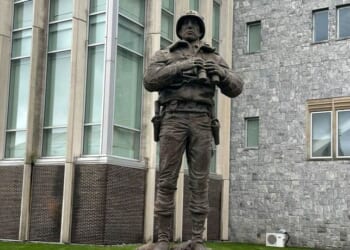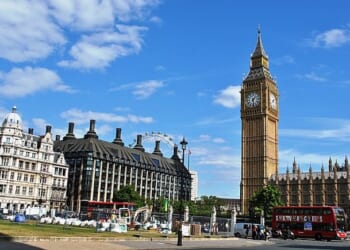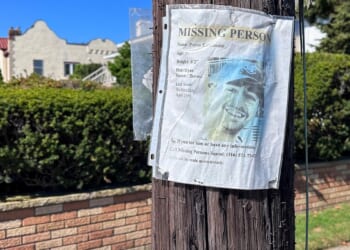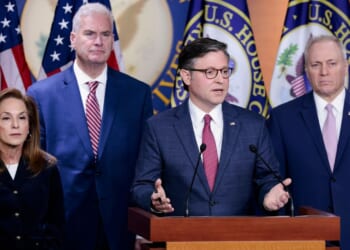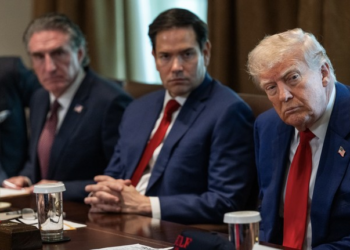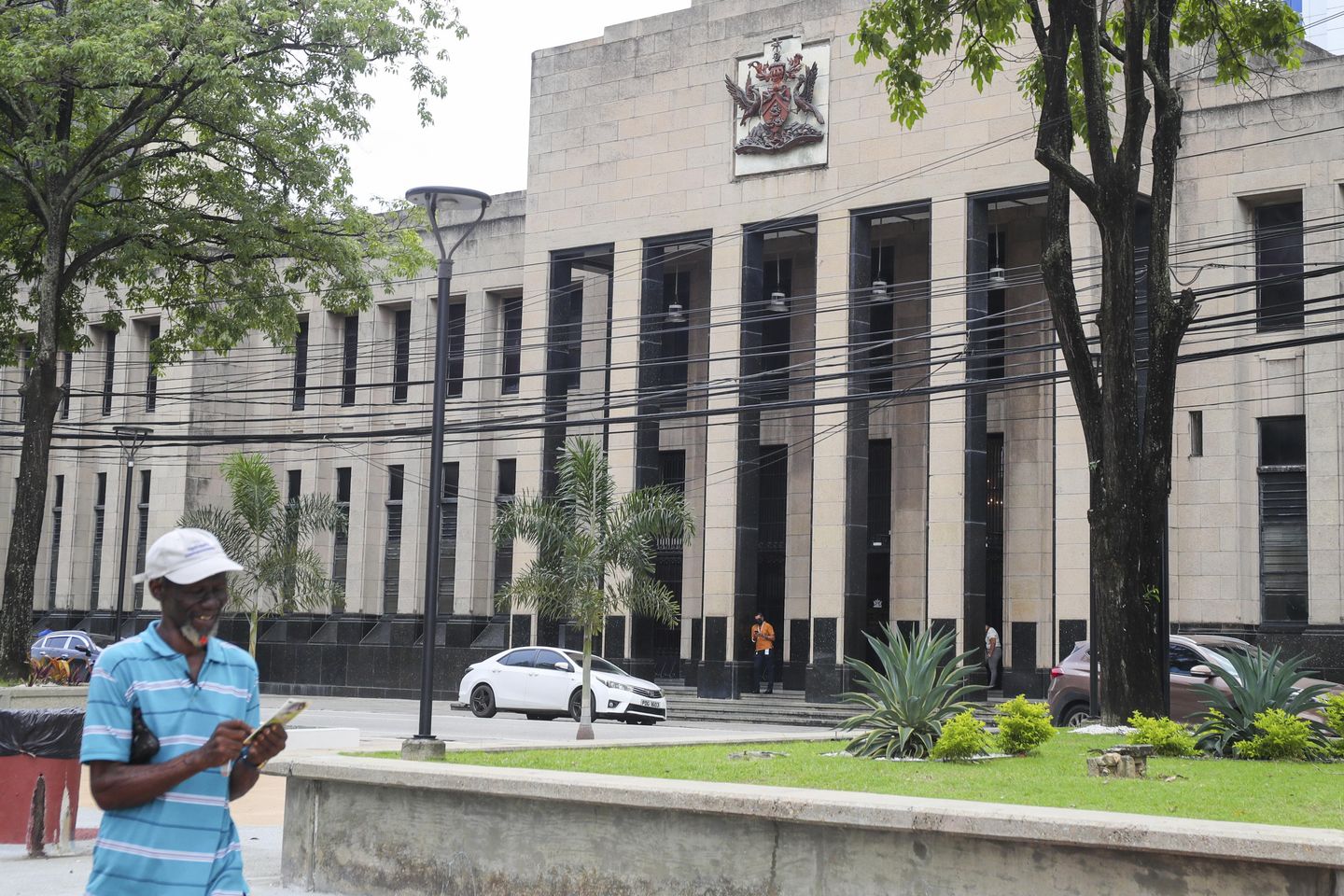
Americans in Trinidad and Tobago should avoid government buildings due to a “heightened state of alert” on the twin-island nation, according to a warning from the U.S. Embassy there.
The alert, which lasts through the holiday weekend marking Diwali, comes amid rapidly rising tensions between U.S. and Venezuela, and a string of American military strikes in Caribbean waters off the coast of Venezuela targeting alleged drug cartel boats.
The two islands that make up Trinidad and Tobago are off the northeastern coast of Venezuela.
The warning offered little detail on any specific threats.
“Due to a heightened state of alert, please avoid and refrain from visiting all U.S. government facilities in Trinidad and Tobago through the holiday weekend,” the warning reads, referring to Diwali, a Hindu festival of lights.
American government facilities should be avoided, the warning says. It also urges citizens to “monitor reputable news outlets.”
Over the past two months, American forces have carried out at least six strikes on boats allegedly carrying narcotics from Venezuela to the U.S. After the most recent operation last week, the U.S. took into custody two individuals who survived the strike. President Trump said over the weekend that they will be returned to their home countries of Ecuador and Colombia.
In addition to stopping the flow of drugs to U.S. shores, the strikes are designed to put pressure on Venezuelan President Nicolas Maduro, who Mr. Trump has accused of facilitating drug trafficking throughout the hemisphere.
Mr. Maduro has denied those charges.
Last week, Mr. Trump confirmed he authorized the CIA to conduct covert operations inside Venezuela. He also said he’s weighing possible ground missions inside the country. Such missions could target drug cartels operating in the country but also could extend to the Maduro government itself in what could become a U.S.-led regime change operation.
Key Democrats and other critics say the U.S. operations in the Caribbean are legally dubious and exceedingly dangerous. They could potentially drag the U.S. into a major war with Venezuela, those critics argue, and put American military personnel and civilians in the region in danger.
Against that backdrop, Navy Adm. Alvin Holsey, the commander of U.S. Southern Command, announced his retirement last week. U.S. Southern Command oversees American military activity in the region.
Adm. Holsey was less than a year into what is normally a three-year tenure in the post.





